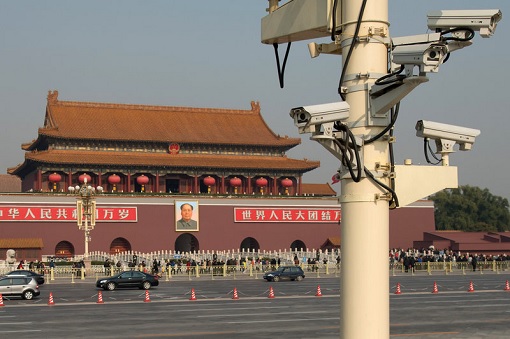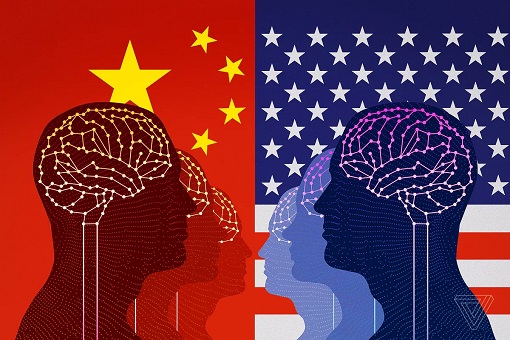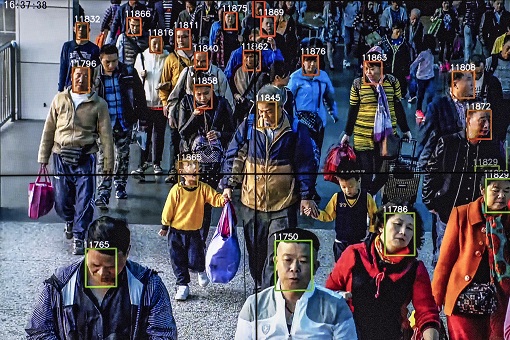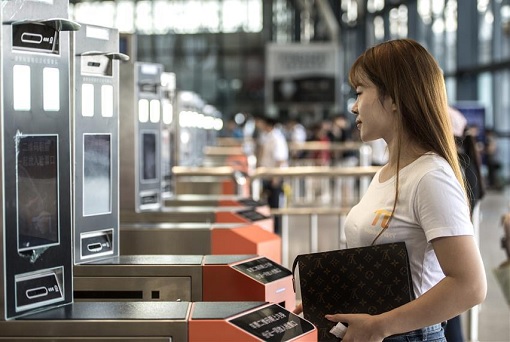The next time you exit from your condominium, take a look at the CCTV surveillance camera installed. Chances are the brand is “Hikvision”, the world’s largest supplier of video surveillance products based in Hangzhou, China. Founded in 2001, the company has its presence in a staggering 155 countries worldwide.
Hikvision’s net profits in 2018 rose 20.5% to 11.3 billion Yuan (US$1.63 billion; £1.3 billion; RM6.84 billion), thanks to an 18.9% year-on-year rise on revenue which skyrocketed to 49.8 billion Yuan (US$7.2 billion). But business would be tough this year. After Huawei, Trump administration could slap a similar punishment on Hikvision to stop its rise.
According to the New York Times, the U.S. Commerce Department is considering placing Hikvision on a trade blacklist. Like Huawei, it means U.S. companies would be required to obtain government approval before supplying the Chinese company with components. It certainly looks like the US-China trade war has become personal as it turns to “tech war” instead.

Under the pretense of national security, President Trump blacklisted Huawei from securing any components from American companies. The real reason was due primarily to the Chinese electronics powerhouse’s sterling rise as 5G technology leader. And since the U.S. can’t beat China, they ban them. Likewise, the U.S. plans to do the same to Chinese’ unstoppable rise in AI (Artificial Intelligence).
In the case of Hikvision, the U.S. is using the excuse that Beijing’s intensive surveillance of a minority Muslim population in Xinjiang region as the justification to blacklist the company because such surveillance could be constituted as “crimes against humanity”. However, China’s foreign ministry has said surveillance in Xinjiang is designed to ensure social stability.
Apparently, Hikvision products and solutions were part of the Chinese surveillance system where facial recognition databases have almost every one of the nation’s 1.4-billion citizens. About 200 million surveillance cameras are installed around the country – to track big spenders in luxury retail stores, monitor suspected terrorists, find fugitives and even catch sleeping students in the classroom.

China’s ambitious plan is to be the global leader in AI (Artificial Intelligence) by 2030 and Hikvision provides one of the pieces in the AI technology that powers facial recognition system. In fact, Hikvision is venturing into “deep learning” – the next level of “self-learning” in AI development. But such capability is what has gotten the U.S. very worried – even envy – of the Chinese.
Like Huawei and ZTE, chances are the U.S. will punish a new pair of AI companies from China. Besides Hikvision, another provider of video surveillance products and services – Dahua Technology – is under the radar. Together, the two companies control one-third of the global market for video surveillance – according to a report by Deutsche Bank AG.
Interestingly, the two Chinese video-surveillance giants are already scanning suburban streets and Army bases across America. In the U.K. the cameras keep watch over London’s subway system and have even been installed within the Houses of Parliament. Cameras from Hikvision and Dahua can produce not only sharp, full-color images in fog and near-total darkness, but also possess AI technology.

Amazingly, even though the U.S. has played the “human rights” card to suppress China AI technology from becoming the world leader, Trump administration also admits that China actually poses an economic, technological and political threat to America. Last year, President Donald Trump signed into law a ban on the U.S. government use of Dahua or Hikvision cameras.
It’s absolutely hilarious that the Trump administration said it is concerned about human rights abuse in Xinjiang. Since when does Trump care about human rights? Even after it was established that Khashoggi was “brutally tortured, killed and cut into pieces” under the order of the Saudi Crown Prince Mohammed bin Salman, the president has continued to protect him.
Out of Hikvision’s US$7.2 billion revenue recorded last year, about 6% were from the U.S. market. But the company is already the second-biggest provider of video surveillance cameras in the U.S. Together with Huawei’s 5G technology, it was feared that such cameras from Hikvision could easily be turned into listening devices, providing both audio and video to a hostile power.

In actuality, China has been toying with the idea of using technology to control and manage its huge populations since the 1970s and 1980s. But it was the “Golden Shield Project”, launched in 2000, that the country’s surveillance project kicked off in a big way. The Great Firewall Wall of China is one part of the Golden Shield Project. And The Golden Shield Project itself is one of the 12 important “golden” projects.
Other Articles That May Interest You …
- Watch Out Trump!! – China May Weaponize “Rare Earth” To Retaliate Against U.S.’ Ban On Huawei
- China’s New Message To The U.S. – “Negotiate – Sure!”, “Fight – Anytime!”, “Bully Us – Dream On!”
- Trump Is Bluffing – He Will Not Let The Stock Market Collapse, And He Lied About Forcing China To Pay $100 Billion
- How Trump’s 102-Word Tweets Erased US$2 Trillion Off Global Stock Markets
- As Huawei Hits $100 Billion Revenue, Chairman Said The U.S. Has “Loser’s Attitude” & “Table Manners” Problem
- “You Cannot Crush Us” – Huawei Founder Warned About Shifting Investment From The U.S. To U.K.
- Huawei Strikes Back – U.S. Fears Of Being Left Behind, Fails To Hack Into Huawei To Spy
- What Trade War? US Trade Deficit With China Hits Record High $323.32 Billion Last Year
- From Trade War To Political Kidnapping – Two Canadians Held “Hostage” As China Retaliates
- China Invasion – Top 10 American Iconic Brands Now Owned By Chinese

|
|
May 28th, 2019 by financetwitter
|


|

|

|

|

|

|




























Comments
Add your comment now.
Leave a Reply